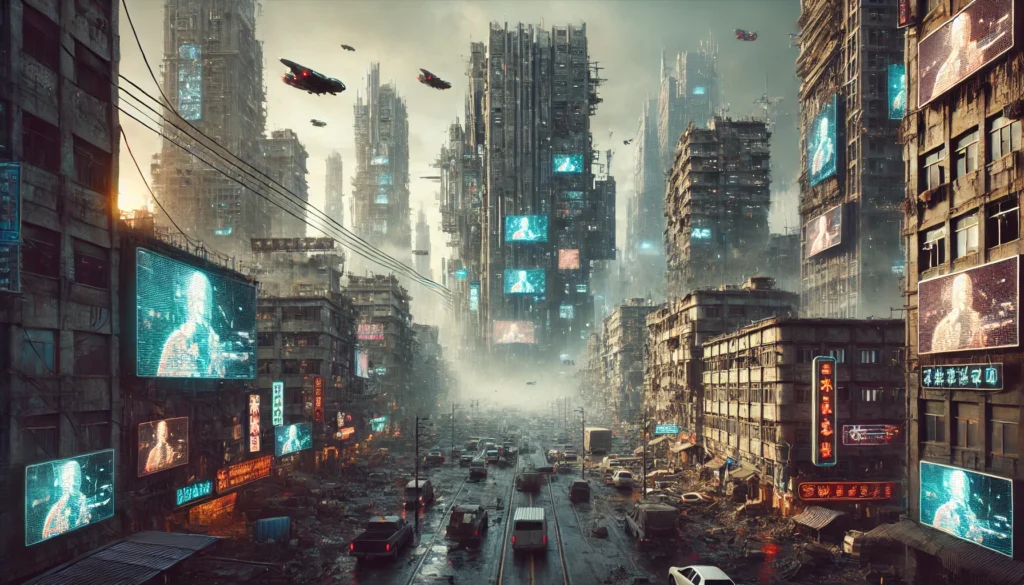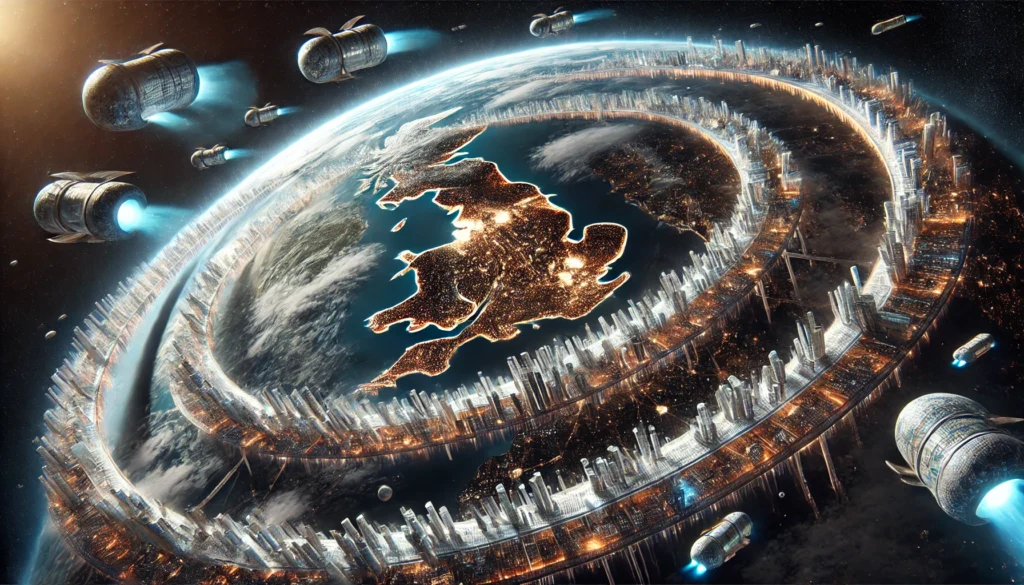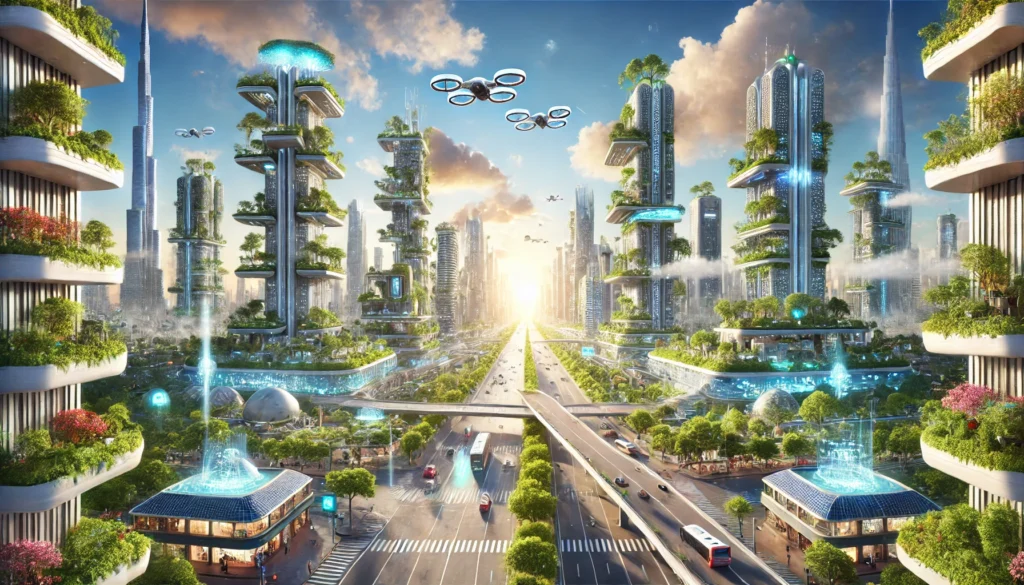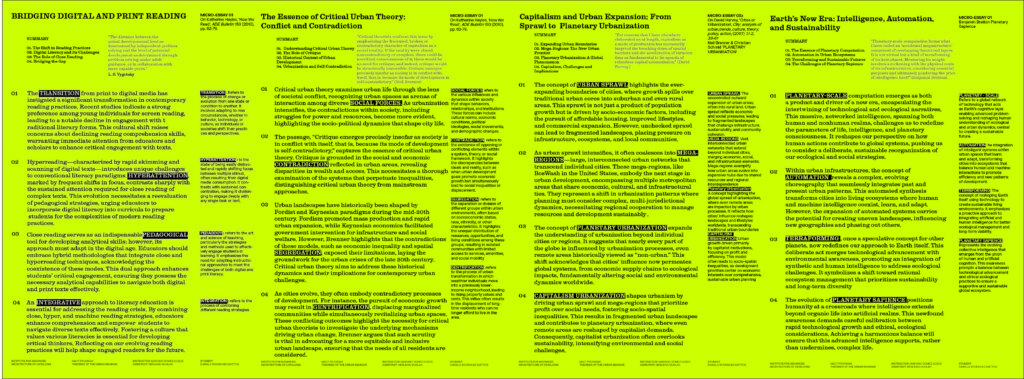“capitalism as a mode of production has necessarily targeted the breaking down of spatial barriers and the acceleration of turnover time as fundamental to its agenda of relentless capital accumulation” (David Harvey.)

01. The Evolution of Urban Reading
Urbanization, much like the transition from print to digital media, reflects evolving modes of engagement. The shift to digital HYPERREADING mirrors the rapid urban growth where hyperattention disrupts sustained urban planning. In this era, cities resemble texts, requiring close reading to decode their complexities. Hybrid methodologies integrating traditional and digital approaches, akin to urban palimpsests, provide a framework to navigate the multi-layered realities of
urban systems.
02. Contradictions in Urban Growth
Planetary urbanization expands beyond city boundaries, affecting rural and remote areas in unprecedented ways. This global phenomenon reflects capitalism’s influence, as markets and profit-driven motives shape urban landscapes. URBAN SPRAWL, for example, exemplifies how economic interests push development outward, fragmenting ecosystems and social structures. These patterns highlight the tension between limitless growth and finite resources, forcing us to reconsider the cost of unchecked expansion on communities and the environment.
03. Capitalist Sprawl and its Discontents

The unbridled expansion of urban boundaries under capitalism, or urban sprawl, fractures landscapes and fosters socio-spatial inequalities. Capitalist urbanization prioritizes profit, overlooking sustainability and community cohesion. Mega-regionsand PLANETARY URBANIZATION further blur traditional city boundaries, necessitating innovative planning that transcends local scales. These dynamics urge urbanists to critique the commodification of space.
04. Toward Synthetic Urban Futures
As urban systems integrate automation and planetary-scale computation, cities evolve into hybrid ecosystems. This synthesis of human and artificial intelligence challenges us to rethink urban governance. TERRAFORMING Earth’s landscapes through sustainable innovation reflects a deliberate reimagining of urbanization. Embracing planetary sapience demands recalibrating technological advancement to align with ecological balance and ethical imperatives

HYPERREADING presented
as a mode of engaging
with texts characterized by
skimming, scanning, and
non-linear navigation, often
facilitated by digital media.
This approach contrasts with
traditional close reading,
reflecting fragmented
attention and rapid shifts
in focus. It mirrors the
challenges of contemporary
urbanization, requiring hybrid
strategies to integrate depth
and speed in comprehension
URBAN SPRAWL
uncontrolled city expansion
into suburban and rural areas,
driven by capitalist growth
and socio-economic forces.
It results in fragmented
landscapes, infrastructure
strain, socio-spatial
inequalities, and ecological
disruption, demanding
sustainable, integrated
regional planning
PLANETARY
URBANIZATION refers to
the expanding influence of
urban processes beyond
traditional city boundaries,
encompassing rural areas,
natural landscapes, and even
global systems. It suggests
that nearly all spaces are
impacted by urbanization
through economic, ecological,
and technological networks,
blurring distinctions between
urban and non-urban, and
emphasizing the need for
reconceptualizing urban
planning at a planetary scale
TERRAFORMING:
involves reshaping Earth’s
environments using advanced
technologies to create
sustainable, human-centered
ecosystems. It merges
artificial and natural systems,
emphasizing ecological
restoration and longterm viability, symbolizing
deliberate intervention to
address environmental
challenges in urban and
planetary contexts.


